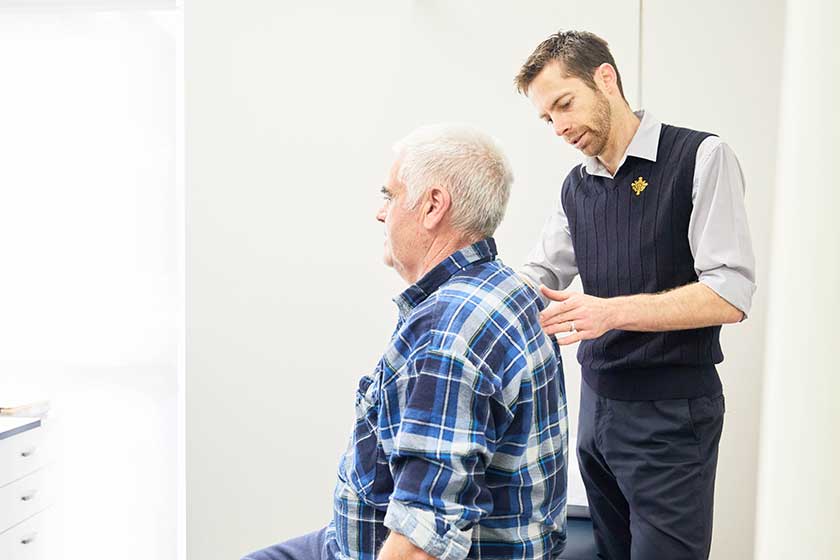Carpal tunnel is a common condition that occurs in approximately two to three per cent of the general population.
Women are three times more likely to experience the condition than men and the average age of patients is generally 40 to 50 years.
Symptoms of carpal tunnel
Carpal tunnel syndrome occurs when the median nerve is compressed in the carpal tunnel.
The symptoms can be very similar to symptoms experienced in other conditions and as such, carpal tunnel is sometimes misdiagnosed.
The classic symptoms of carpal tunnel include:
- numbness and tingling (pins and needles) in the hand/s
- night time pain or numbness, interrupting sleep
- weakness when gripping with hand/s
- swollen feeling in the fingers.
Investigation and diagnosis
If you feel any of the above symptoms, it is recommended you visit your GP.
The GP may provide a referral for a scan to diagnose the symptoms and rule out potential causes.
You may also be referred for an examination by an orthopaedic surgeon.
Management of carpal tunnel syndrome
Management of carpal tunnel syndrome depends on the severity and duration of the symptoms.
It can vary from rest, modifying activities, wearing a splint, cortisone injection and/or surgery.
If you are required to have surgery, your orthopaedic surgeon will provide information about what to expect and post-surgery care.
For more information about our orthopaedic surgeons, please visit Find a Specialist.








